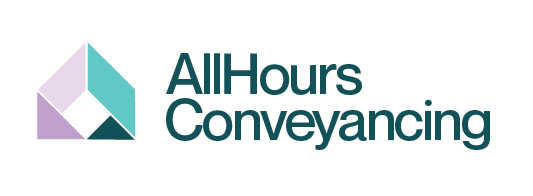Conveyancing is something that all first-time buyers, whether investors or home seekers, will need to come to grips with after their first purchase – but it’s not always well understood.
Interview with Shakila Maclean of All Hours Property – First Property Buyer Magazine.


